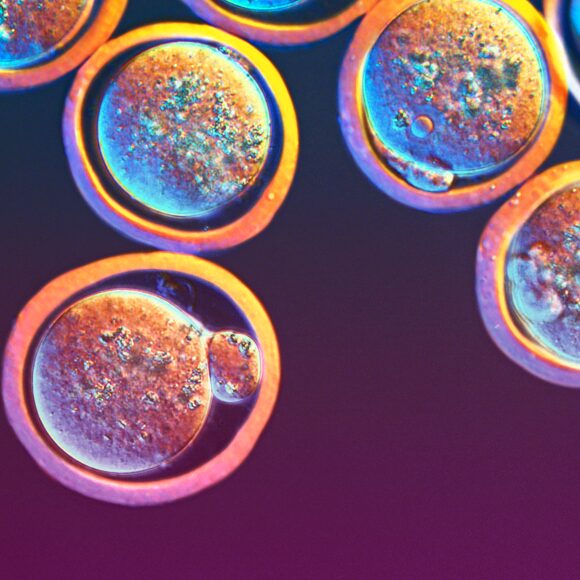Are males actually needed for reproduction? Possibly not, but it is certainly easier with them.

Natural sperm cells.
Well Done! Partial Correct Answer Correct Answer Incorrect Answer
Different human cells.
Well Done! Partial Correct Answer Correct Answer Incorrect Answer
Embryonic stem cells.
Well Done! Partial Correct Answer Correct Answer Incorrect Answer
Any cell that has gone through meiosis.
Well Done! Partial Correct Answer Correct Answer Incorrect Answer
All of the above.
Well Done! Partial Correct Answer Correct Answer Incorrect Answer
Their motility.
Well Done! Partial Correct Answer Correct Answer Incorrect Answer
They have a flagellum.
Well Done! Partial Correct Answer Correct Answer Incorrect Answer
They can fertilize a human egg.
Well Done! Partial Correct Answer Correct Answer Incorrect Answer
Well Done! Partial Correct Answer Correct Answer Incorrect Answer
10%
Well Done! Partial Correct Answer Correct Answer Incorrect Answer
1%
Well Done! Partial Correct Answer Correct Answer Incorrect Answer
I don’t know
Well Done! Partial Correct Answer Correct Answer Incorrect Answer
0.1%
Well Done! Partial Correct Answer Correct Answer Incorrect Answer
In this video, students learn about fertility problems in males caused by the lack of sperm production, and techniques to artificially create sperm, as a potential solution. The video raises ethical issues linked to using artificial sperm cells. The questions can be answered on the basis of the information in the clip.
Sperm Cells, Embryonic Stem Cells, Biological Children, Infertility, cellular differentiation, Chromosomes, egg cells, Fertilization, reproduction, genetic disease
Knowledge building